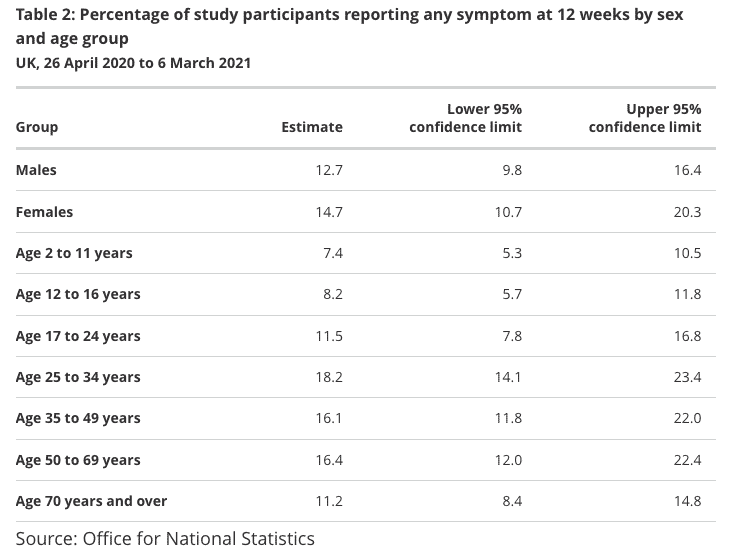The UK COVID Infection Survey has been releasing data on Long COVID monthly since April this year, and statistics on children and young people are a regular reminder that COVID is not ‘an old people’s disease’.
The survey asks individuals in the UK who have been infected with COVID to self-report persistent symptoms after five weeks. Data from its April 2021 release showed that nearly 10% of participants in the 2-11 age range and 13% in the 12-16 bracket reported these continuing effects.

In the latest October release, the prevalence of self-reported Long COVID symptoms in both 2-11 and 12-16-year-olds was higher than the previous month. Estimated percentages of persistent symptoms in these age brackets have risen by 0.6 and 0.24 percentage points, respectively, and prevalence was significantly higher for 17-24-year-olds as well. These numbers are consistent with other studies on the dangers of Long COVID in children and young people.

Children are still at a lower risk of spreading COVID and experiencing severe symptoms when infected. And a recent review of existing studies on COVID in children, led by the Murdoch Children’s Research Institute, found Long COVID may not be as prevalent in young people as previously thought. The review found little evidence that Long COVID will persist in children beyond twelve weeks.
Nonetheless, being one of the least vaccinated groups, COVID statistics for children continue to rise worldwide. Exacerbated by the return to school and the delta surge, COVID cases among US children have soared, with over a million new cases in the month of September alone. In Israel, a government survey has found 11% of children experience persistent symptoms after recovery, and the wait for treatment at children’s Long COVID clinics can be up to half a year long.
Speaking at the World Health Network Emergency Summit in September, Israeli government advisor Prof Meir Ruben implored governments worldwide to ‘not wait a day’ to vaccinate children once they could. He pointed out that vaccines against other diseases mitigate long-term effects and would do the same for children to protect them from Long COVID.
As vaccines do not prevent COVID infection and transmission, Ruben stated, we cannot trust vaccination of adults as a strategy to protect children. And the risk only increases as the virus continues to evolve – with every variant, “it’s a new pandemic each time”.
Cover photo by Jan Kopřiva on Unsplash.
Follow Maddie’s journalism journey on Twitter.